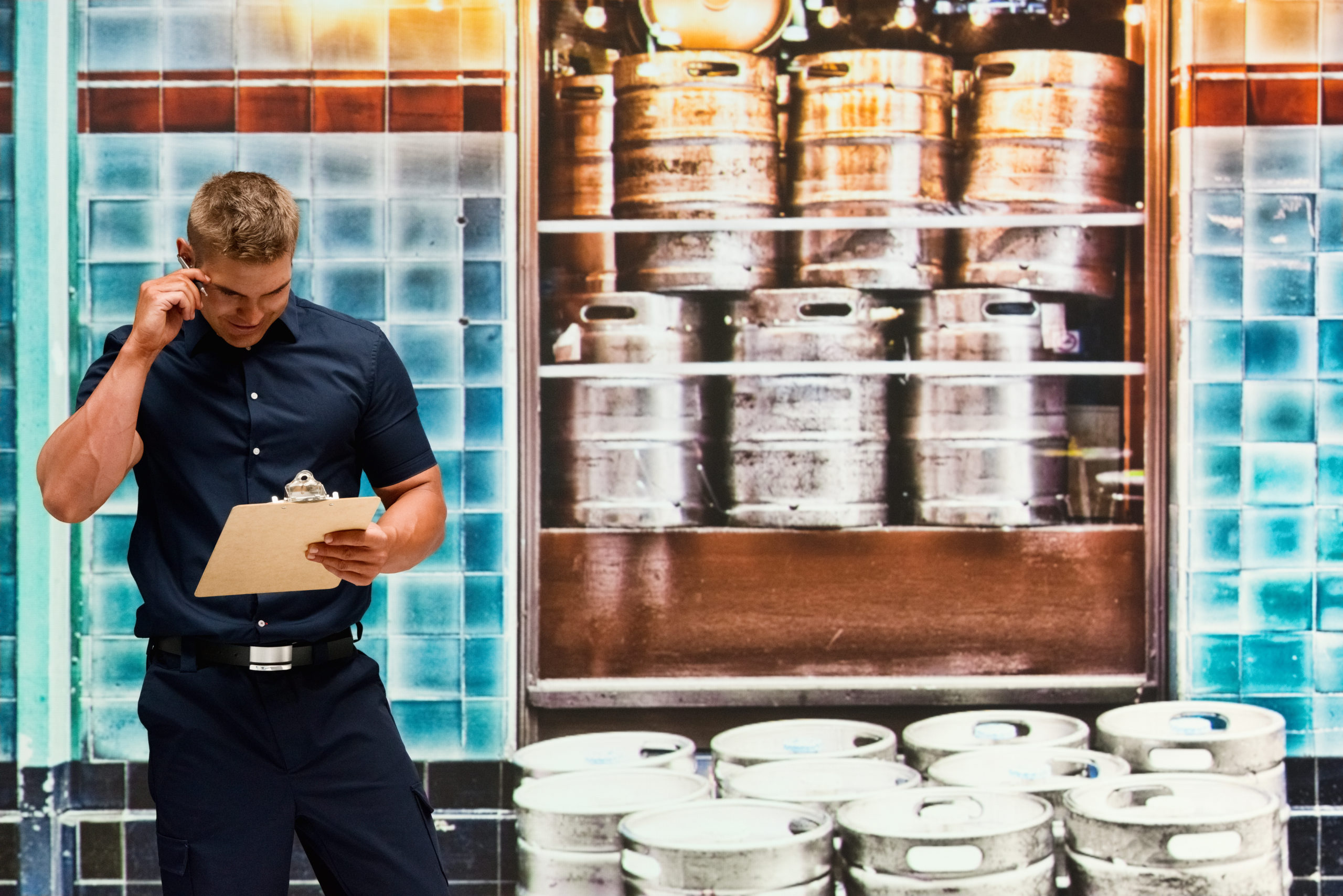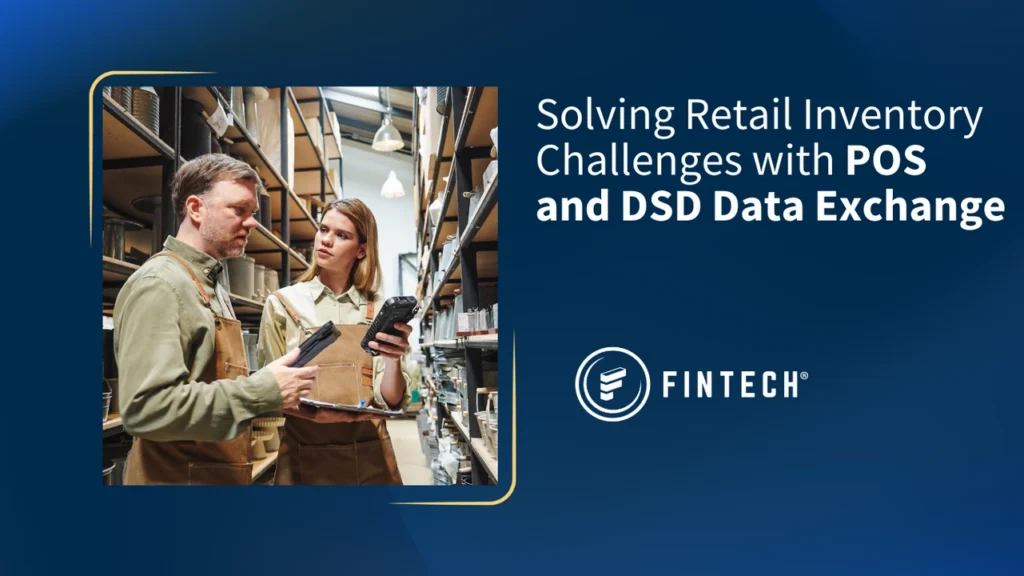Tips to help new craft breweries facing this weighty decision.
The decision to self-distribute or not has been a serious one for many brewers since the explosion of the craft beer industry and is a heavier choice than ever post-pandemic. Over the years, I’ve spoken with dozens of breweries facing this decision (I’ve even worked for one!), and they all describe a similar balancing act when it came time weighing out the decision. If you find yourself in a position to decide to self-distribute or not, here are just a few things to consider.
Of course, the very first issue to investigate is whether self-distribution is even legal in your state. Thirteen states still prohibit self-distribution of any kind, so it’s important to know the law before taking the self-distribution plunge. Some states are pushing to open self-distribution through legislation; Kentucky, for example, just legalized self-distribution in July of 2021. In the remaining 37 states where self-distribution is legal, there may still be restrictions or production limits to consider. Regardless of where you operate, it’s imperative to stay on top of the ever-changing regulations impacting the alcohol industry.
Another point to consider is control over your brand. The past 15 years have brought about major distribution consolidation, which means fewer distributors carrying more brands. While distributor partners have the best intentions and signing an agreement can open doors to retailer relationships and shelf space you may not have otherwise, large distributors have a big book of business to focus on. No one knows your beer like you do – you brewed it, packaged it, branded it, and built the relationships to get it into the hands of consumers. When you hand distribution over to someone else, the “where, when, and how” your product is placed is up to the distributor. On the flip side, self-distribution allows you to hit the streets personally, gives you a better understanding of your market, and delivers more control over placements. Plus, self-distribution allows you to speak directly to your retailers and often get immediate feedback on your product, giving you the opportunity to hone your recipe and deliver an even more spectacular product.
Lastly, when considering self-distribution, craft beer producers must answer the question of logistics. Do you have the warehouse space and storage capabilities to distribute? Do you have delivery trucks and appropriately licensed drivers (both of which are extremely hard to come by right now)? Traditionally, signing with a distributor solves the challenges associated with the capital of warehouse space, delivery trucks, additional employees, and everything else that goes into distribution. But, as we mentioned above, distributors may have relationships that get you major placements. While this is a great problem to have, it can lead to capacity issues if you only run a few barrels or only run your canning machine once a week. Understanding your business’s logistical capability is vital to success with any kind of distribution.
If you do find yourself in the position to self-distribute, don’t forget to automate your payment collection through Fintech! Managing the taproom, production line, and distribution is a lot to juggle, and you need all the time you can get to focus on perfecting your brews and building lasting relationships in the market. I often hear from the self-distributing breweries who choose Fintech about how they’ve gained not only a more efficient payment collection process but a clear understanding of their brand performance across retail locations. If you’re ready to do the same, click here for a personal demo of Fintech!






